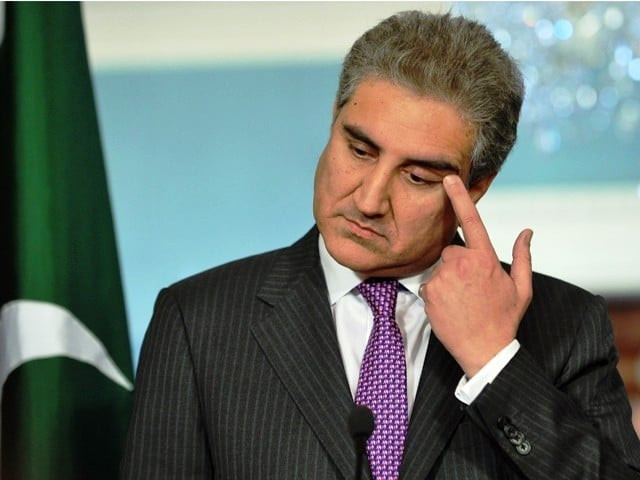Quick – how many people have been thrown out of government this month for refusing to toe the party line?
It’s getting to a point where it’s hard to keep track. If you stop considering those individuals who have been sidelined because their views are too controversial, the number of disgruntled Pakistan Peoples Party (PPP) members is even higher.
We’ve heard it over and over again – political parties need to have an agenda, and party workers need to stick to their group’s principles. This is not only done to legislate effectively, but is also an important way for a political party to differentiate itself from its rivals. But is the PPP leadership doing the right thing by dropping dissenting party members like hot potatoes?
Ever since the present government came into power, its leaders began to hold forth on their ‘policy of reconciliation.’ During its short tenure, the government has managed to tussle with, and then reconcile with, political parties like the Pakistan Muslim League-Nawaz (PML-N) and the Muttahida Qaumi Movement (MQM), and institutions like the judiciary.
Why, then, is the party not making an effort to engage in discussions with workers who disagree with the party’s line? Surely more will come out of constructive dialogue than pink slips.
While we’re on the topic, what is the ruling government’s ‘party line’ anyway? The current government’s policies – from foreign affairs to economy – aren’t exactly reminiscent of Zulfikar Ali Bhutto’s vision. The party line seems to shift with every new issue the government faces, from blasphemy laws to women’s rights, to even national sovereignty. Is it any wonder that the party’s own workers are confused?
To be fair, other political parties in Pakistan aren’t exactly sorted either. But the recent wave of reshuffles, ousters and resignations, is an amusing addition to the party’s history, and we are eagerly waiting to see what will happen next.



COMMENTS
Comments are moderated and generally will be posted if they are on-topic and not abusive.
For more information, please see our Comments FAQ